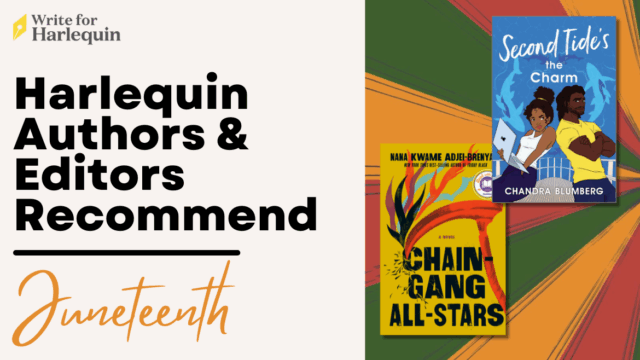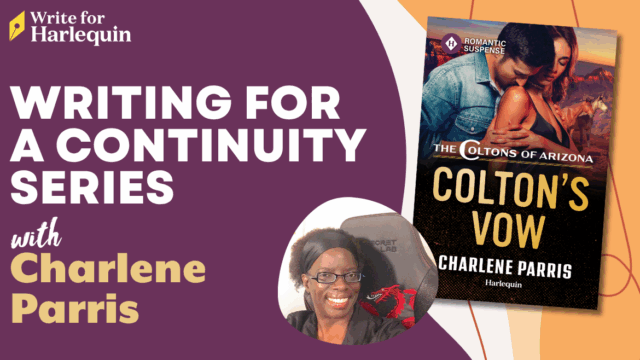By Patience Bloom, Senior Editor
We editors often hear about writers getting feedback from their critique partners. Generally, we love that this relationship exists because writing needs critiquing. The "just finished" manuscript isn't at the stage where we step in (unless it's pure genius—and then, even we would be jealous). Sure, some people write books, then submit to a publisher or self-publish and instantly achieve bestseller status. For many, though, there is a learning and revising curve before submission. Your story should be in great shape when it hits our desks, which means asking for help.
Luckily, the romance genre provides all kinds of helpful support with RWA, other organizations, agents and editors. Working with a critique partner can be a positive learning experience, not to mention a confidence-booster for when you show your work to a larger group.
Here are some steps to consider as you find the perfect critique partner:
- Take a vow of truth. You and your partner will be honest with each other about the work.You can be friendly and truthful at the same time.
- Respect each other's talents. Your partner may excel at plotting. You like to dive into characterization. No one writes the way you do, and would you want that anyway? Give critique based on your partner's individual style and expertise.
- Watch that you don't sandwich criticism in too many compliments: I love how you make the hero go over the waterfall in a barrel, but you might want to fix the entire story. The bad stuff often takes center stage, but wrapping it in praise can make it worse. It's difficult to be critical, especially with so much at stake (a story over which you've poured blood, sweat and tears). Give real praise, of course, and show your enthusiasm—just make sure your partner doesn't have to anticipate the "but" in your verdict. You've taken a vow of truth, after all. The more you work with a partner, the more you can learn the other's language and evolve toward being direct. The goal is to make the story better. Praise and criticism are a vital part of this process.
- Be specific: You and your partner should list specific ways to fix your stories, not just "make it better." The more specific you are, the more helpful you can be to your partner.
- Be timely. If your partner turns your story around fast, so should you. Unless life intervenes, which happens.
- Take the criticism, sit with it, then do better. No matter how committed you are to revising your work, take the time to digest the suggestions and then dive in. You know your work will improve.
- Be supportive. If your partner needs a boost, be there. You are your partner's cheerleader, critic, and advocate.
- Return the favor. Do you see a writer-friend in need? Ask if they need a critique partner.
The critique partner is a unique relationship in that it is reciprocal, professional and can have a basis in friendship. You may curse your partner one day, then thank the heavens you had this person to raise your novel to a higher level. As you embark on the journey of recrafting prose, stay positive about the process, keep writing and then show us what you've done.
Have you worked with a critique partner before? We’d love to hear about your experiences.




